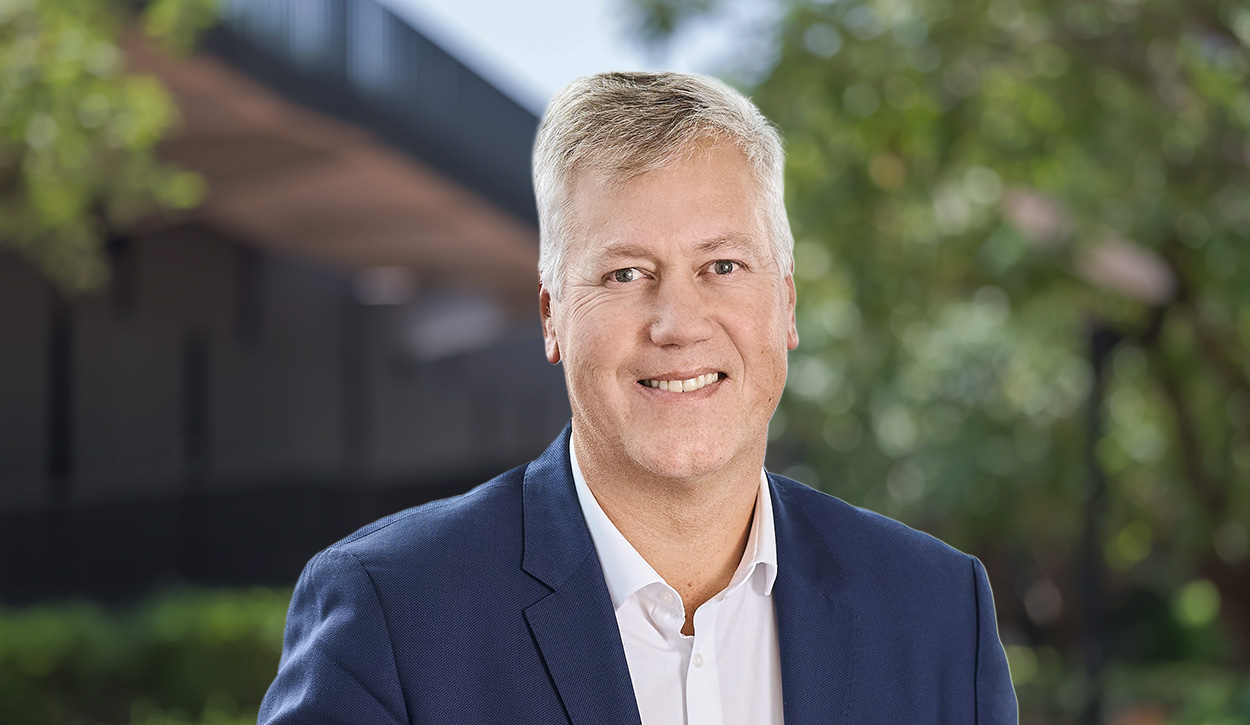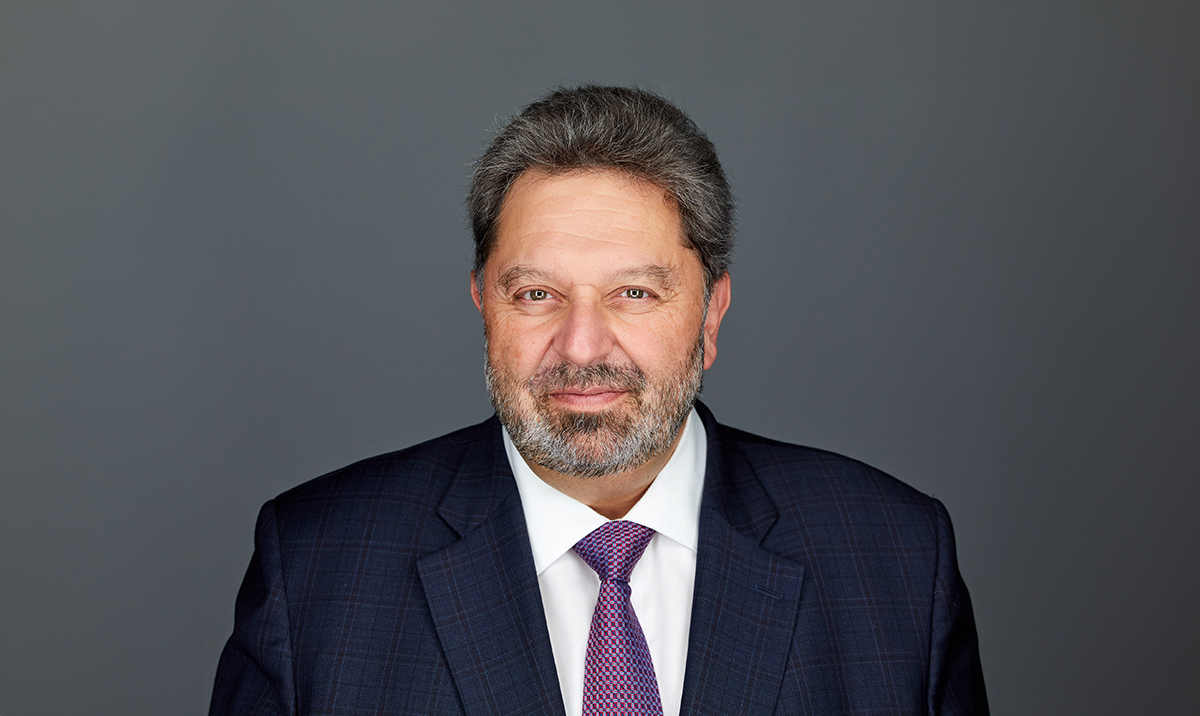Decentralized, disciplined, and fast
The transformation has also been organizational. Under Wierod and his predecessor Björn Rosengren, ABB has codified its management philosophy into what it calls the “ABB Way”. At its core is decentralization. Considerable decision-making authority rests with 18 division presidents, each with full responsibility for their strategy, profit and loss, and overall performance.
“We have a decentralized business model, but it doesn’t mean anarchy,” Wierod stresses. “You need core processes that everybody follows – performance management, people and culture, brand, and governance. That’s the glue that holds us together.”
Culture is central. ABB articulates its values as the “four Cs”: care, courage, curiosity, and collaboration. “If you travel the world of ABB, most people could easily tell you what the four Cs stand for,” he says.
For Wierod, clarity and speed matter more than often-elusive support functions, economies of scale, and synergies that led to complex matrix organizations. “It is often said that culture eats strategy for breakfast,” he notes. “At ABB, we also believe that speed eats synergy for lunch.”
YouTube




